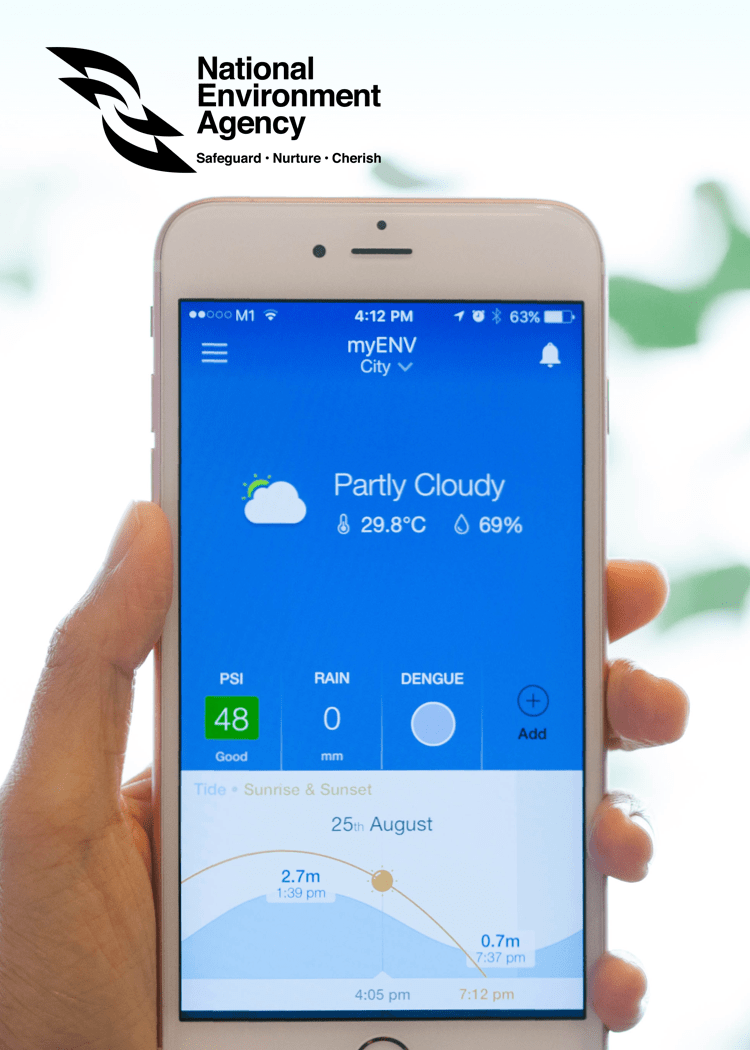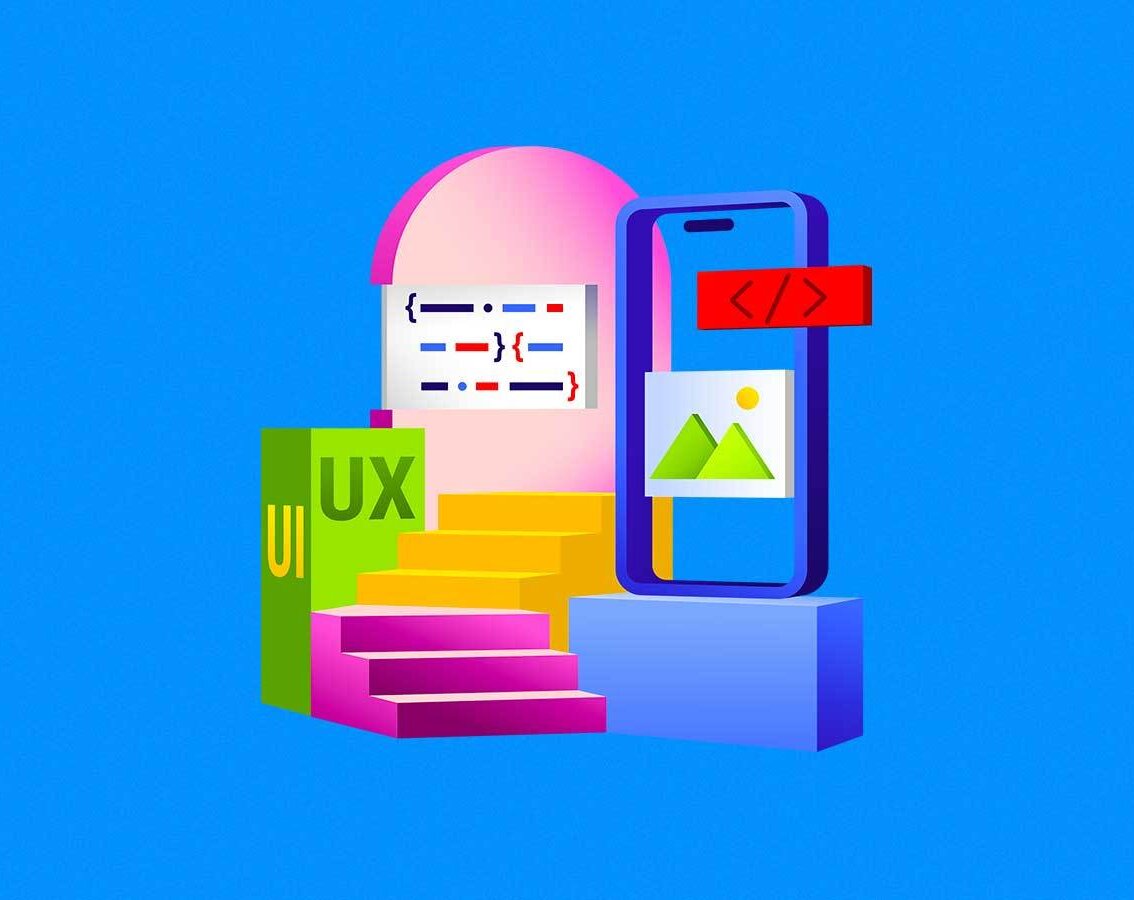blog
The Best App Development Technologies for Building Next Generation Mobile Apps
By Mohan S App development August 7, 2023

Understanding different app development technologies is important because it enables developers to select the best frameworks and tools for mobile app development that is effective, dependable, and secure.
Developers can take advantage of new features, enhance the user experience, and maintain competitiveness in the fast-paced app development industry by keeping up with the most recent technologies.
Further, app development technologies impact the cost breakdown because different tools, programming languages, and frameworks vary in complexity, availability of skilled developers, and efficiency.
Top Technologies in App Development
Choosing the right technology for app development is crucial for achieving high return on the cost of app development and building successful applications. By selecting appropriate technologies, developers can optimize performance, enhance user experience, and ensure scalability and security.
The rapidly evolving app development landscape has led to a wide range of technologies, including programming languages, frameworks, databases, and cloud platforms. Understanding these technologies helps developers make informed decisions that align with project requirements and goals.
Top Programming Languages in App Development Technology
Selecting the right programming language for mobile app development is crucial as it impacts performance, scalability, and success. Different languages offer varying features and functionalities, making them suitable for different needs. Key points to consider include:
Java:
Widely used for Android app development.
Offers excellent performance and platform compatibility.
Provides robust libraries and frameworks for building feature-rich apps.
Swift:
Primarily used for iOS app development.
Offers a modern and clean syntax, making code easier to read and maintain.
Provides better performance and memory management compared to Objective-C.
Kotlin:
Gaining popularity for Android app development.
Offers concise syntax, reducing boilerplate code.
Interoperable with Java, allowing developers to leverage existing code.
Objective-C:
Traditional programming language used for iOS app development.
Provides access to Apple's extensive frameworks and APIs.
Offers a mature ecosystem with a large community and resources.
C#:
Used with the Xamarin framework for cross-platform app development.
Enables code sharing between different platforms (iOS, Android, Windows).
Offers a robust set of libraries and tools for building native-like apps.
JavaScript:
Used with frameworks like React Native and Ionic for cross-platform app development.
Allows code sharing between web and mobile apps.
Offers a vast selection of libraries and frameworks for rapid development.
Python:
Used for mobile app development, particularly for prototyping and scripting.
Provides a simple syntax and readability.
Offers a broad range of libraries and frameworks for various functionalities.
Selecting the right programming language depends on factors like platform, development team expertise, performance requirements, community support, and available resources. Assessing these factors helps determine the most suitable language for mobile app development.
Best Tools in App Development Technology
App development tools streamline the app development process, assisting developers in various aspects like coding, testing, deployment, and maintenance. They improve productivity, collaboration, and efficiency, enabling high-quality apps in shorter timeframes.
Different types of tools are used in app development technology can include:
Integrated Development Environments (IDEs):
Android Studio and Xcode offer a comprehensive development environment with code editors, debugging tools, emulators, and emulators for efficient mobile app coding, testing, and debugging.
Cross-platform App Development Tools:
React Native, Flutter, and Xamarin enable developers to create native-like apps on multiple platforms using a single codebase, offering libraries, UI components, and APIs.
App Prototyping Tools:
Prototyping tools like Adobe XD, Sketch, and InVision enable interactive app prototypes, enabling collaboration, validation, and early feedback for designers and developers.
Version Control Systems:
Version control systems like Git offer a centralized repository for tracking and managing code changes, facilitating collaboration, sharing, and seamless integration with various development workflows.
Mobile Backend-as-a-Service (MBaaS):
MBaaS platforms like Firebase and AWS Amplify offer cloud-based services for backend functions, simplifying development, reducing infrastructure management, and accelerating time to market.
Testing and Debugging Tools:
Appium, XCTest, and Espresso automate testing processes, perform UI testing, and identify bugs in apps, ensuring stability, functionality, and performance across various devices and platforms.
Analytics and Performance Monitoring Tools:
Google Analytics, Firebase Analytics, and Crashlytics offer valuable insights into user behavior, app performance, and crash reporting, aiding developers in analyzing engagement and addressing issues promptly.
App development tools streamline workflows, improve collaboration, enhance app quality, and reduce time and costs. Selecting the right combination depends on project requirements and team preferences for efficient app development.
Top Frameworks in App Development Technology
App development frameworks are pre-written code and tools for building mobile applications, simplifying the process and reducing repetitive code. They often include libraries, APIs, and resources for user interfaces, data handling, app logic management, and device features access.
Some popular frameworks in app development technology include:
React Native:
React Native is a cross-platform framework for building native-like mobile apps using JavaScript and React, enabling code sharing between iOS and Android platforms and accessing native components.
Flutter:
Google's Flutter is a cross-platform Dart framework for visually appealing apps, enabling real-time code changes and immediate visual updates with its "hot reload" feature.
Xamarin:
Xamarin, a Microsoft-owned cross-platform framework, enables C# app development for iOS, Android, and Windows platforms, offering a shared codebase and access to platform-specific APIs and libraries.
Ionic:
Ionic is an open-source framework for building hybrid apps using HTML, CSS, and JavaScript. It provides a pre-designed UI library and enables developers to deploy apps across multiple platforms with a single codebase.
NativeScript:
NativeScript is an open-source framework for building native mobile apps using JavaScript, TypeScript, or Angular, enabling high-performance iOS and Android apps.
SwiftUI:
SwiftUI is Apple's declarative framework for building native iOS, macOS, watchOS, and TVOS apps using the Swift language, offering state management and real-time previews.
PhoneGap/Cordova:
PhoneGap, also known as Apache Cordova, enables hybrid mobile app development by connecting web code with native device APIs, enabling access to device features.
Choosing the right framework for mobile app development depends on factors like project requirements, team expertise, platform compatibility, performance needs, and time constraints. Evaluating these factors helps select the most suitable framework for efficient development.
Rising Trends in App Development Technology
Staying updated on app development is crucial for developers and businesses. It enables them to use new technologies, tools, and frameworks to improve app quality, functionality, and the user experience. This also helps businesses stay competitive in a rapidly evolving market and meet user expectations. By embracing emerging trends, developers unlock new possibilities, optimize performance, and deliver innovative solutions.
Here are some rising trends in technologies for app development:
Artificial Intelligence (AI) and Machine Learning (ML):
AI and ML are being integrated into mobile apps to offer personalized experiences, intelligent recommendations, and advanced automation.
AI-powered chatbots and virtual assistants are becoming increasingly popular for enhancing customer support and engagement.
Internet of Things (IoT):
The integration of IoT with mobile apps allows users to control and monitor smart devices, creating a seamless and connected experience.
IoT-driven apps are being utilized in various domains, such as home automation, healthcare, and industrial automation.
Augmented Reality (AR) and Virtual Reality (VR):
AR and VR technologies are transforming mobile apps by providing immersive experiences, virtual tours, and interactive visualizations.
They find applications in gaming, e-commerce, education, and real estate sectors, among others.
Progressive Web Apps (PWAs):
PWAs combine the best of web and mobile app experiences, allowing users to access apps through web browsers without installing them.
PWAs offer offline capabilities, push notifications, and faster loading times, providing a seamless user experience.
Blockchain Technology:
Blockchain is finding applications beyond cryptocurrencies, and mobile apps are leveraging its secure and decentralized nature.
Blockchain-based apps are being used for secure transactions, digital identity verification, supply chain management, and more.
Cloud-based App Development:
Cloud platforms offer scalable infrastructure, storage, and backend services, reducing app development costs and enabling efficient scaling.
Cloud-based app development allows seamless integration with other services and facilitates cross-platform development.
Low-Code/No-Code Development:
Low-code and no-code platforms enable rapid app development by abstracting complex coding tasks, allowing developers and even non-technical users to create apps with minimal coding knowledge.
Developers can stay ahead of innovation by adopting emerging trends and delivering app experiences that align with user expectations. This approach allows businesses to differentiate themselves and drive success in the competitive app development landscape.
Conclusion
Understanding app development technologies is crucial for developers to choose the right tools, frameworks, optimize app performance, and stay competitive. Staying informed about changes and trends, such as AI, IoT, and AR/VR, enables developers to create high-quality apps that meet user needs. This approach allows businesses to stay ahead of the curve and drive success in the dynamic app development world.




